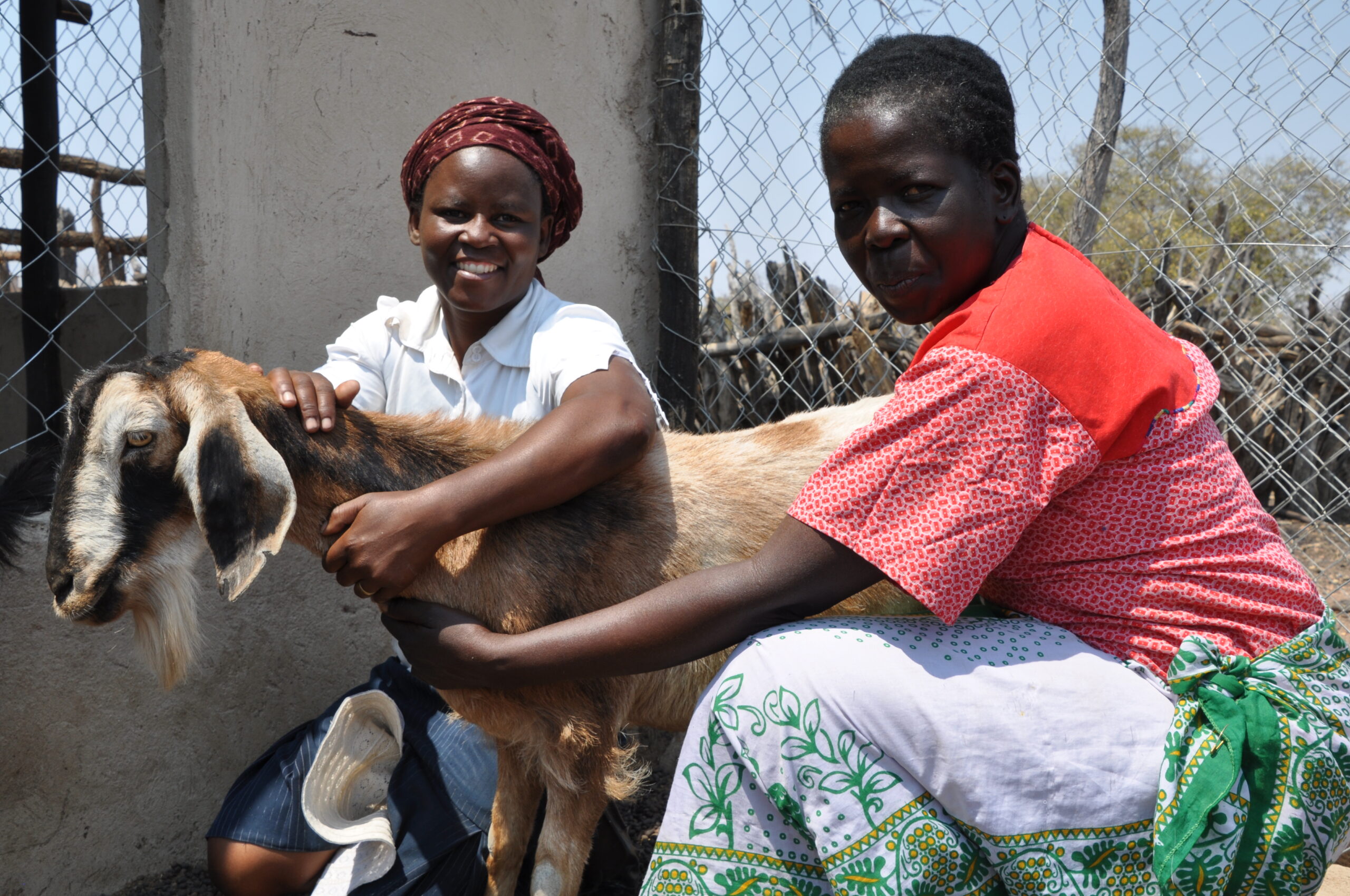Amalima
Zimbabwe
Overview
Amalima, the seven-year (2013-2020), $60 million USAID Development Food Aid Program, worked with over 118,000 vulnerable households to sustainably improve household food security and nutrition in Zimbabwe’s districts of Bulilima, Gwanda, Mangwe (Matabeleland South), and Tsholotsho (Matabeleland North).
Impact
- 75,478 farmers adopted improved technologies or management practices on 79,155 hectares of land
- 18,997 households experienced improved access to water for agriculture and productive use
- $1,480,372 generated in savings by VS&L groups
- 3% population-level reduction in stunting among children under five
- 9% population-level reduction in households with moderate to severe hunger
- 30% population-level increase in the prevalence of exclusive breastfeeding for infants under six months

Amalima draws its name from the Ndebele word for the social contract by which families come together to help each other engage in productive activities such as land cultivation, livestock tending, and asset building.
Approach
- Improved Sustainable Access to and Availability of Food: Amalima promoted sustainable agriculture practices and encouraged the adoption of improved agriculture and livestock production practices.
- Strengthened Community Resilience to Shocks: The program partnered with communities to improve livelihoods and build resilience by creating and strengthening disaster risk reduction committees through cash for asset activities, household asset vouchers, and village savings and lending (VS&L) groups that promoted income-generating activities and savings to build household resilience.
- Improved Nutrition and Health: To improve water, sanitation, and hygiene practices, dietary diversity, and micronutrient intake of pregnant and lactating women and children under two, Amalima distributed supplementary feeding rations and enhanced nutrition care practices with a combination of capacity building, mentoring, and community-based messaging delivered through care groups and community health clubs.
- Promoted Gender Equality: Amalima empowered women to play a key role in food security and resiliency at the household and community levels through increased access to and control over incomes, which promoted men and women to take increasingly equal responsibilities for both productive and reproductive activities.
Partners
To implement Amalima, Cultivating New Frontiers in Agriculture (CNFA) collaborated with a diverse group of both international and local partner organizations, including the Organization of Rural Associations for Progress, Dabane, International Medical Corps, Africare, Manoff Group, and International Medical Corps.
Related Expertise
Amalima Learning Site
CNFA’s USAID-funded Amalima Program launched a collaborative learning website to showcase successful milestones, approaches, media, and studies gathered from the program’s seven years of implementation, with the aim of helping other development practitioners learn and build on its successes.
More

